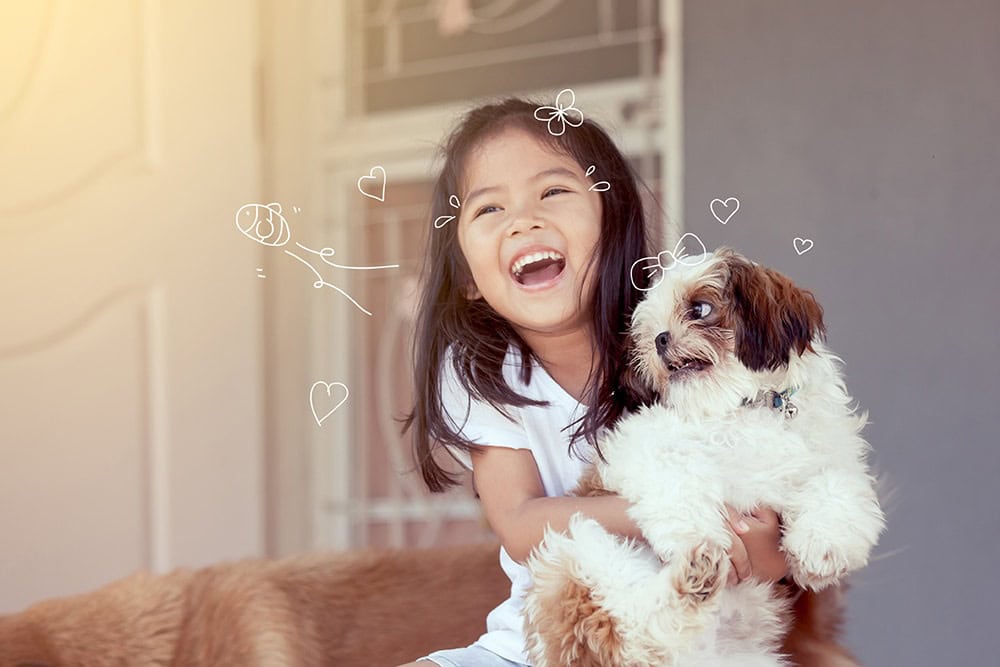A Guide to Cleaning your Dog’s Eyes
How often you will need to clean your dog’s eyes will largely depend on their breed.
Some breeds are more likely to be affected by eye discharge, whereas this will only happen to other breeds if they become ill or contract an eye infection.

Should I clean my dog’s eyes?
As mentioned, many dog breeds will not need to have their eyes cleaned regularly, this will only need to be done if they have developed an eye infection.
However, some dog breeds such as Pugs, Bulldogs and Pekingese are more prone to experiencing discharge from the eyes due to their short muzzle and brachycephalic face. These dogs may require regular eye checks and daily cleaning.
Dogs with light coloured coats, such as Poodles, Cocker Spaniels and Shih Tzus can get ‘tear stains’, in which water from the eyes tints the fur brown or red. These breeds often lack the ability to properly drain liquid from the tear ducts causing an excess amount of tears. If routine cleaning doesn’t remove the stains, there are products available to help.
Ocryl Tear Stain Remover & Eye Cleansing Solution is specially formulated to cleanse the eye and reduce hair discolouration caused by tear staining. Always read directions first and check with your vet if you’re not sure which eye care products would work best for your dog.
How to clean your dog’s eyes
If you do need to give your pet’s eyes a quick clean, here are some tips to help:
- Use a soft damp cloth or sponge and make sure the water is at room-temperature. Avoid paper towels, napkins and cotton buds as they can increase irritation.
- If your pet is sensitive, try a soft cotton ball soaked in warm water.
- Approach your pet slowly and gently wipe around the eyes to remove any dirt or mucus. Never wipe the eye itself.
- Avoid shampoos, soaps, eye washes and drops unless they have specifically been prescribed by your vet.
If you need advice, it’s always best to speak with your vet in the first instance.
You might also be interested in…
Get a quote in minutes…

Existing customers
Call now on 0808 164 7999
to discuss your policy with us.
Monday - Friday: 08:00 - 20:00 Saturday: 09:00 - 14:00





 Back
Back
